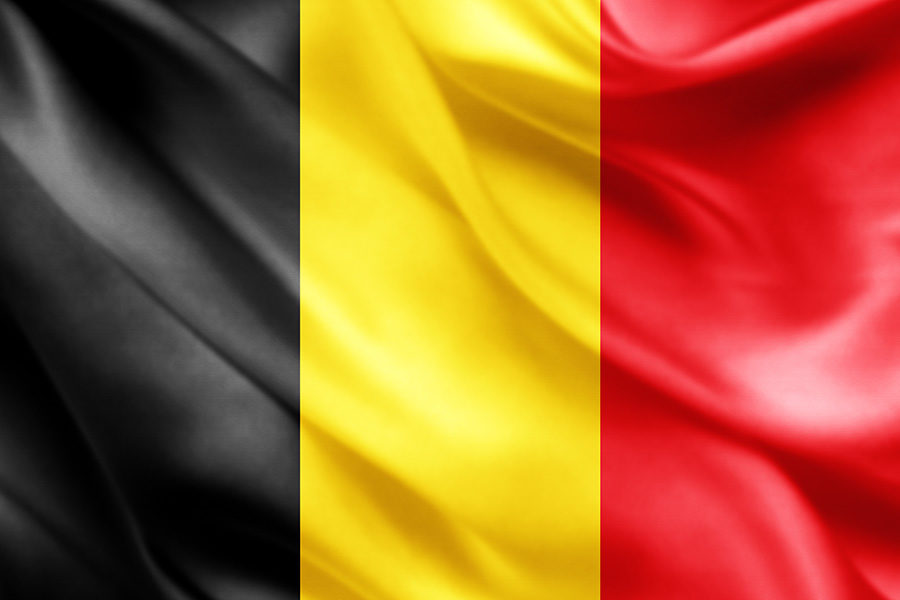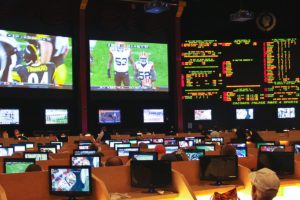Researchers says Belgian gambling regulator needs more funding

A report found that the regulator was struggling to enforce new rules.
Belgium.- A report into Belgium’s ban on gambling advertising has recommended that the national gambling regulator, Kansspelcommissie, be given more funding to help it enforce new rules and tackle unlicensed gambling sites. Researchers found that many customers were unaware of the advertising ban because gambling sponsorships remain present in sports.
The report identified instances of the ban being flouted by “incidental advertising during sports broadcasts, product placements, and advertising on rights holders’ websites and social media channels”. It said Kansspelcommissie had failed to act on such infringements, leading researchers to raise concerns about the regulator’s capacities.
It found that enforcement of the ban was inconsistent, and that Kansspelcommissie was facing operational challenges as a result of underfunding and understaffing. The report noted that the regulator’s collection rate for fines was just 21 per cent in 2023. It also found Kansspelcommissie to be slow in how it responds to threats and in activating IP blocks against blacklisted gambling websites operating from non-European jurisdictions, such as Curacao.
Belgium introduced a ban on most gambling advertising, including on TV, radio, print media, social media and public spaces, in July last year. The ban will be extended to sports stadiums from January 1 2025 and to gambling sponsorship in sports from January 1 2028.
The report states: “A key observation highlights the partial nature of the ban. Gambling advertising has become significantly less visible in public spaces, on the radio, on television and on social media. However, some of the most prominent forms of marketing, such as sports sponsorship, are still visible and prevalent, thus exposing and targeting multiple vulnerable groups to promotions for gambling.”
The report concluded that a “strong, independent gambling authority” was essential to “ensure that such a ban is not merely symbolic.” It urges a “more comprehensive public health approach to regulate gambling, including a total ban on gambling advertising and stricter measures against the most harmful gambling products”.
The report also dismissed industry claims that a ban on gambling advertising would drive players to the black market, arguing that there was no evidence for such a movement in play. It noted that customers who search for gambling products online still find legal operators, which appear in search results.
The publication of the report comes days after Belgium increased the minimum age for gambling to 21 for all verticals. The move brings sports betting, bingo and arcades in line with land-based casinos, where an over 21s policy has been in place since 2018.











